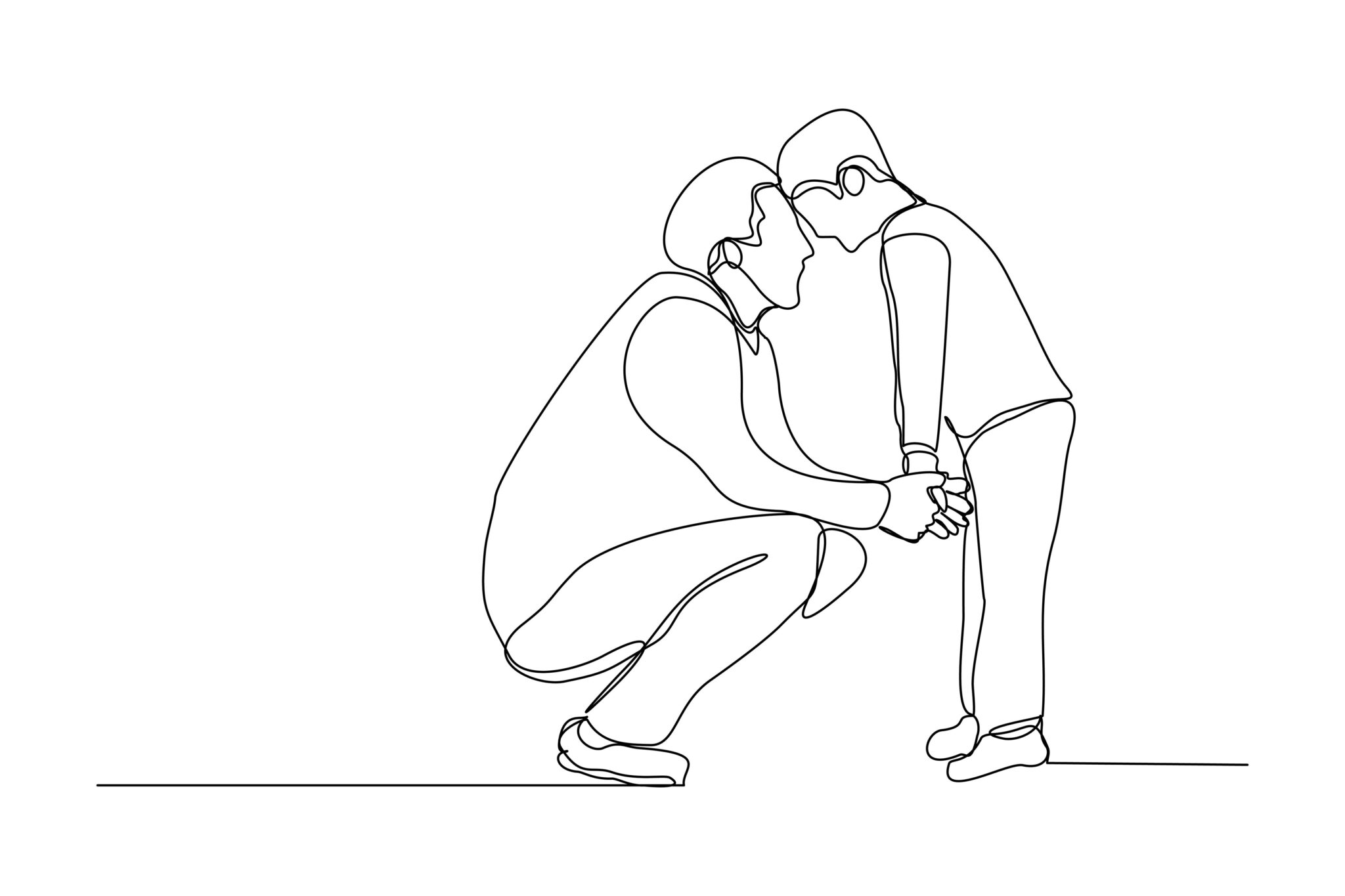The Power of Words In Parenting : Toldot 5782
Parents have the power to build confidence, peace and a positive outlook on life in their kids. These attributes which are learned skills translate to kids having a brighter future. We have the job of raising kids who will be self-sufficient, strong individuals with a sense of purpose and mission. Children will end up being a replica of what was learned at home. You can only teach something you embody and live by. When we live a life of strength and resilience, our kids see it. As parents we have tools at our disposal to convey the message and values we want to instill in our children, Speech being one of them. Words have power. The way we speak to our children and the things we say will have an impact on them as they develop and for generations to come.
There are countless books which speak about ways to address our speech to our kids. For instance, some of these books suggest precise words to use in our vocabulary. A more essential thing to learn is the practice of asking what’s the purpose we want to convey in all our interactions. Not the method.
On certain occasions saying nothing is best. It takes strength to hold back from words. This is hard to do rather than going into a lecture. Besides standing back, another approach is the practice of bringing purpose into moments. Start conversations with, “what’s the purpose in this conversation”, our speech will be directed to a positive outcome. We look into this week’s parsha Toldos to learn lessons on education of our children from the example of Isaac and Rivka.
Torah’s Guidance in Parenting
Torah, the blueprint for life, helps guide us into educating our children. The Patriarchs become the emblem of the Jew, they manifest characteristics, behaviors and values to live by. We learn from them what to do and what not to do.
In Parsha Toldot, Isaac was fooled by his wife and son – Jacob, into thinking Jacob was Esav (Clearly, for peace in the home purposes, this is something not to do, but this is another point). Isaac bestowed a blessing that belonged to Essav to Jacob. When Essav appeared in front of his father to collect what was rightfully his, Isaac was honest with him.
“And he said, “Your brother came with cunning and took your blessing…..And Isaac answered and said to Esau, Behold, I made him a master over you, and I gave him all his brothers as servants, and I have sustained him with corn and wine; so for you then, what shall I do, my son?”
Isaac informed Essav of the occurrence, his brother took his blessing. Isaac further shared with Essav he blessed Jacob to be a master over him, superior, and wealthy. Was it really necessary to share that Jacob took Esav’s blessing? By sharing this piece of information Isaac only caused grief in Essav and hatred between the two brothers.
Isaac’s honesty caused a division in the family. One that would last for decades. To aggregate and say, I have given all, I have nothing else for you. How is Essav to feel after hearing this? Heartbroke, full of hatred, insecure in his future and ability to make things happen. The future will look blim because of this taint picture his father made.
All Isaac needed to say was a blessing adequate for Essav. He had one, something. We parents always have time and resources for each kid. To think we have given all emotional support to one kid and have nothing left to the other, would be fooling ourselves. It’s in us to make the time, to reach a little further and give the other child a little of something.
Essav’s Blessing
In the next sentences, in fact, Isaac does have a blessing a Essav:
“Behold, your dwelling place shall be the fat places of the earth and of the dew of the heaven from above”.
Isaac did bless Essav. Why cause grief to Essav by sharing the previous happenings? Uncalled for. Issac should have stayed quiet and bestowed the blessing he ended up giving Essav anyways.
Often, the need arises for parents to go around the truth. Clarity needs to be stated: around the truth, not lies. In order to shape our kids’ positive thinking, we have a duty to think before we speak. To say to myself, what do I want to accomplish in this situation? With Isaac, it’s clear to bless Essav. He should have proceeded as such. A blessing is a particular energy, a positive thing, and the setting and actions around it should match it. Be positive. Frame the moment as a positive occurrence.
As a result, when strength and confidence comes from within, our kids pick it up. It’s an energy created that people feel. Wording situations with a positivity bias is a positive energy and a way of helping our children with their practice of seeing good.
Words Have Power: How You Say, What You Say
Words can build or destroy relationships. Relationships with ourselves and with others. Parsha’s Toldot exemplifies this concept to the maximum. As we read the parsha, we cannot help but feel the outcry from Essav. He felt destroyed as a man, as a person who loves his father. I feel sad for Essav because he is a person, a brother and one not to be blame for who he is.
Essav was a man of the field. Possibly a bit barbaric as a man of the field is, with tendencies that were not corrected or guided in the right direction. Is he to blame for this? No. Isaac and Rivka had the power to guide him. The responsibility to perform kindness with essav, their son. Speaking to him in a way that he would see the greatest potentiality possible in his world. That is good parenting with power words.
We are all human. Isaac being a father, he also made mistakes. We can choose to learn from his mistakes. Speak to our children with a positive outlook of the world. G-d has blessings for all of us. Different blessings. Essav also had it in him to reach into his own distinctive blessing.
How our children see the world is a direct cause of how we shape them to see the world. Behavioral psychology teachConsequently, parents have power in giving a brighter future to their kids. Something as simple yet so difficult to do (trust me) is to speak to kids positively and give them positive experiences.
To carve a brighter future for our children, speak positively. The power of words in parenting is insurmountable.









Leave a Reply